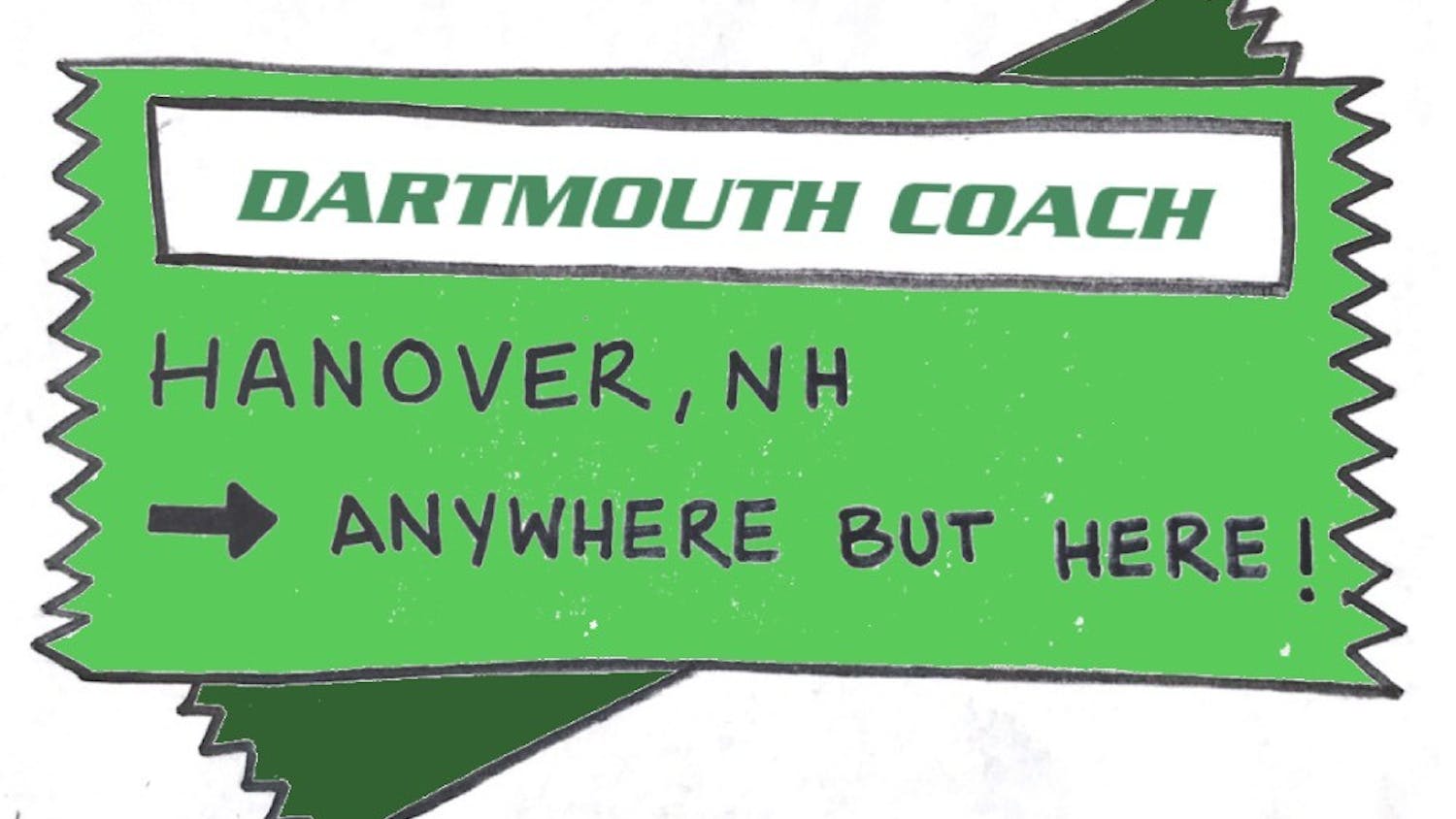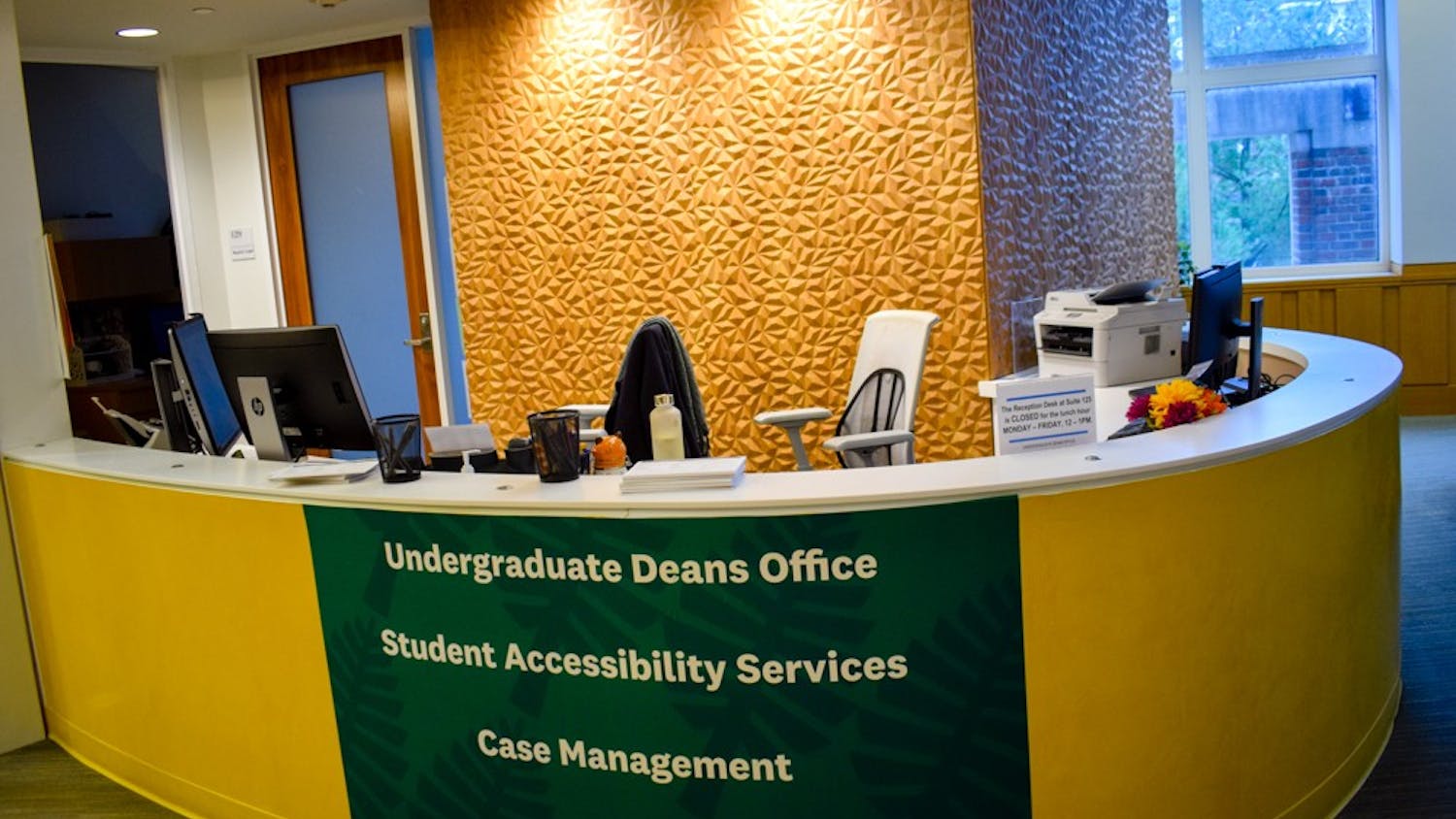My last name is only four letters long, but I can think of far more than four different pronunciations that I’ve told people over the years. I recently discovered that my brother and I pronounce our last name differently. And no, it’s not that we don’t know how to say our last name correctly; it’s that we don’t know how to tell non-Chinese speakers how to say it in a way that’s not met with a blank stare and a “Come again?”
I remember the exact moment I stopped introducing myself with my last name. On the first day of seventh-grade Spanish class, the teacher got to my name as she called attendance and went, “Oh, I remember your brother! I could never pronounce your last name. How do you say it?” By this point in my life, I had already abandoned saying my name “the right way,” so this request took me by surprise. It was an innocent question. Why would I get upset by someone genuinely wondering how to say my last name, especially in a language class, where pronunciation and accents are so important?
It’s what followed that changed how I felt about the question. The room erupted with a chorus of butchered “Yuans” and demands to “say it again.” The giggles and guffaws as someone tried to emulate the “ü” sound that doesn’t exist in the English language made me feel like they were laughing at me, rather than at each other. After all, my last name was the source of this entertainment. I would have been foolish to expect anything else from a class full of 13-year-olds. I felt like a spectacle, and all I wanted to do was disappear as my face burned red and the tips of my ears felt like they were on fire. I repeated my last name on cue to hear incorrect variations squawked back at me, like this was some trick to be mastered. Finally, the teacher put me out of my misery, and we moved on to “ser” and “estar.” But while the class might have moved on, I certainly did not.
I remember feeling frustrated that my brother had, five years before, shared the correct pronunciation of our last name, which quickly gave way to shame that it had even crossed my mind. A name is an identity, and it’s not exactly something you can run away from, though in my case, I really tried. I was an embarrassed middle schooler that was trying to fit in, and that experience somehow made me feel like an “other” even though there was no bad intent. I concluded that when introducing myself, I would stop at “Kate” to spare those around me from the futile effort of pronouncing a non-Anglicized name and to spare myself from feeling like I was offending my Chinese heritage by twisting my last name into something that it isn’t.
My feelings were a product of my environment — a predominantly white and suburban one. And while Dartmouth has its share of issues surrounding diversity, it’s a step up from what I was used to. When I meet people from around the world, learning their names has become something to be celebrated rather than something to gawk at. I even see systemic efforts toward inclusion that didn’t exist back home. Darthub’s feature for name pronunciation seems so simple, yet it’s something that has been missing for years. It saves both professors and students from the awkwardness of stumbling over a pronunciation — professors trying their very best and a student trying to appease, eventually saying, “That’s fine.”
These improvements are likely a positive consequence of what it’s like to live in an increasingly diverse and heterogeneous United States. The mispronunciation of Democratic vice presidential nominee Kamala Harris’ name by politicians like Donald Trump and Mike Pence, and their unwillingness to fix it, has become a sign of willful ignorance.
While it’s no surprise that college students are more self-aware than middle schoolers, and while I wouldn’t expect to have to relive that first day of Spanish class again, being at Dartmouth has helped me come to terms with my Chinese American identity. And while I can’t expect everyone I meet to magically be able to say my last name (just as I will never be able to roll my r’s), the difference is that I appreciate their effort, and I no longer feel otherized by something that tells me where I am from and, quite literally, who I am.



